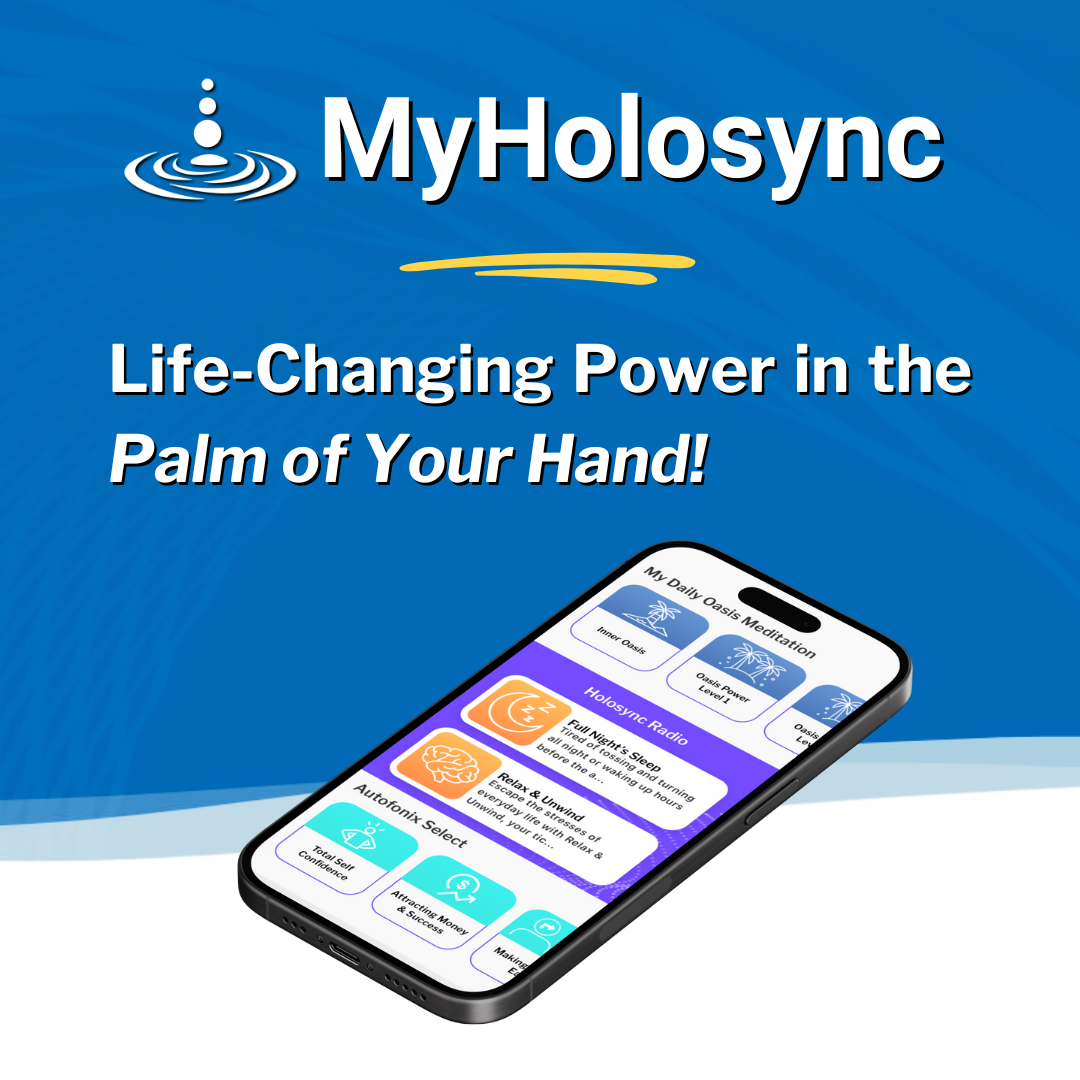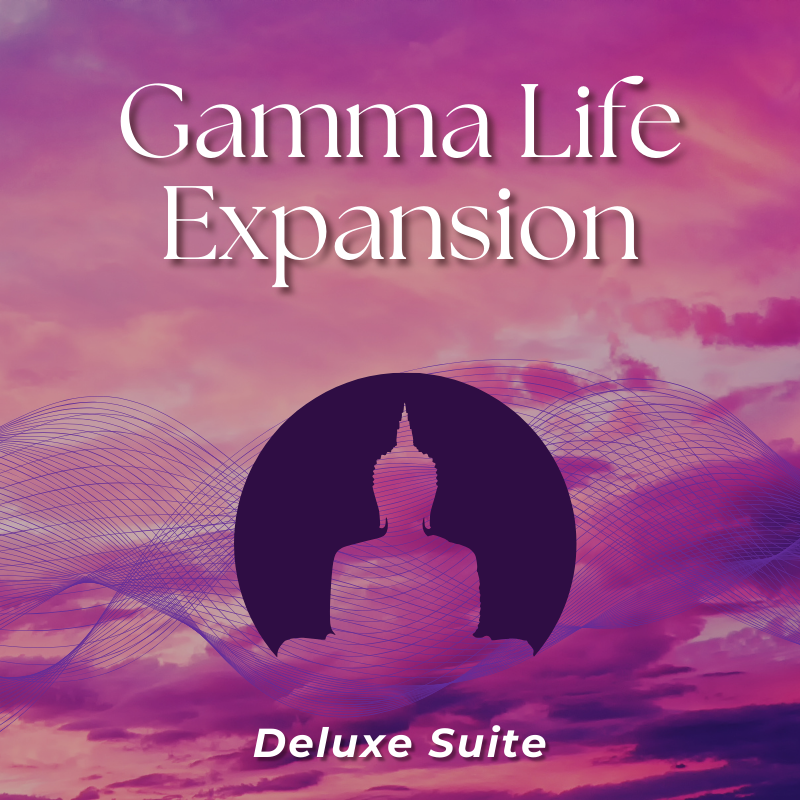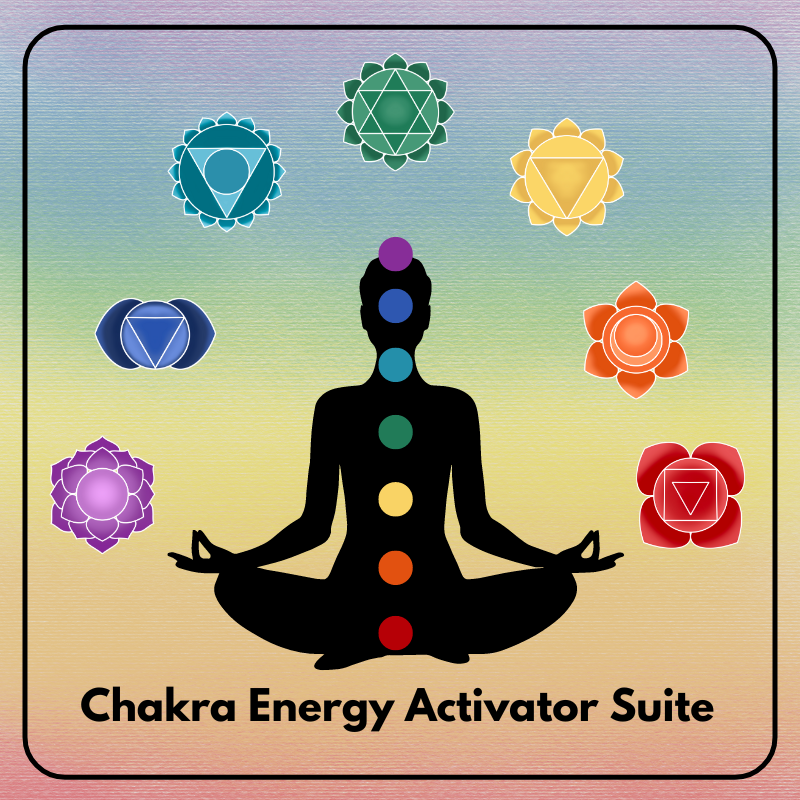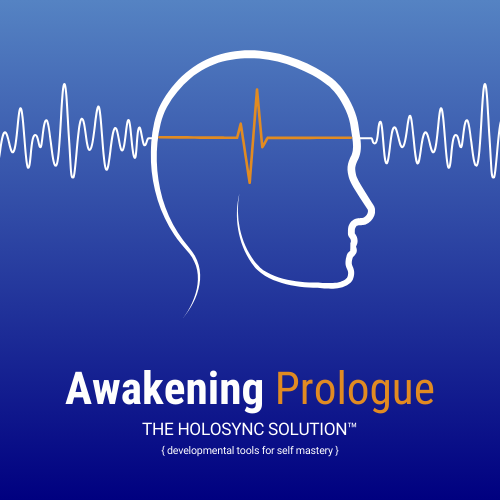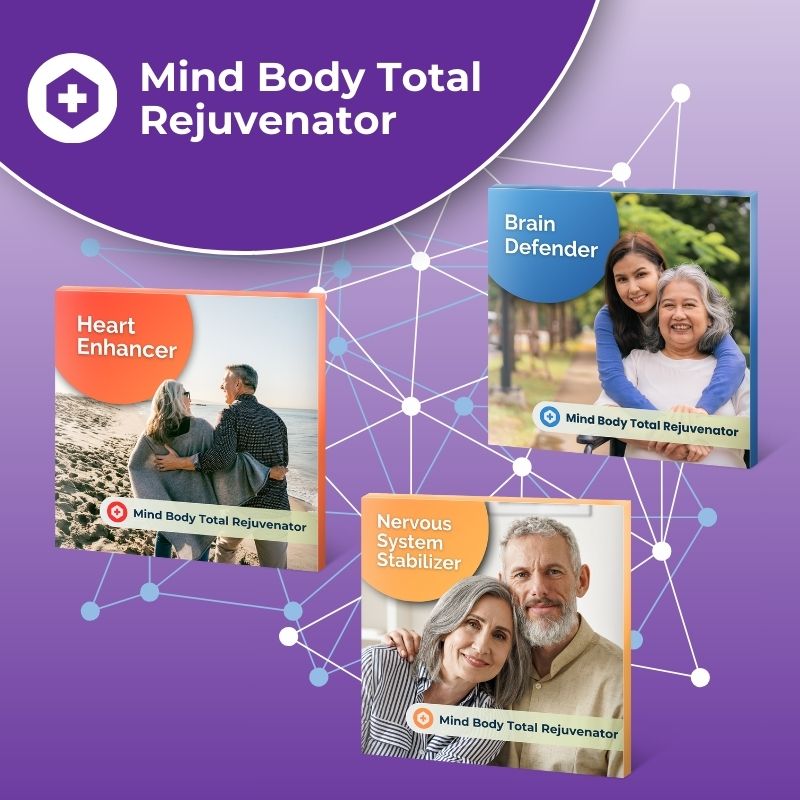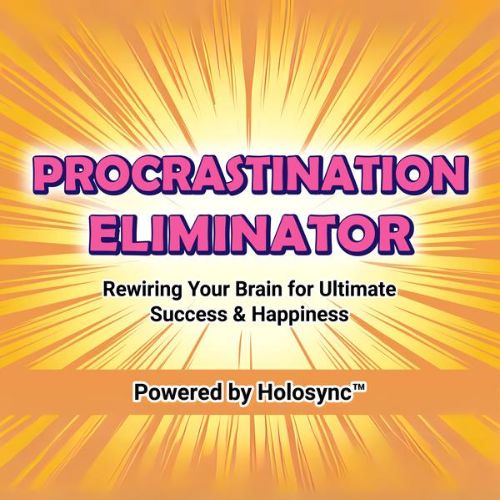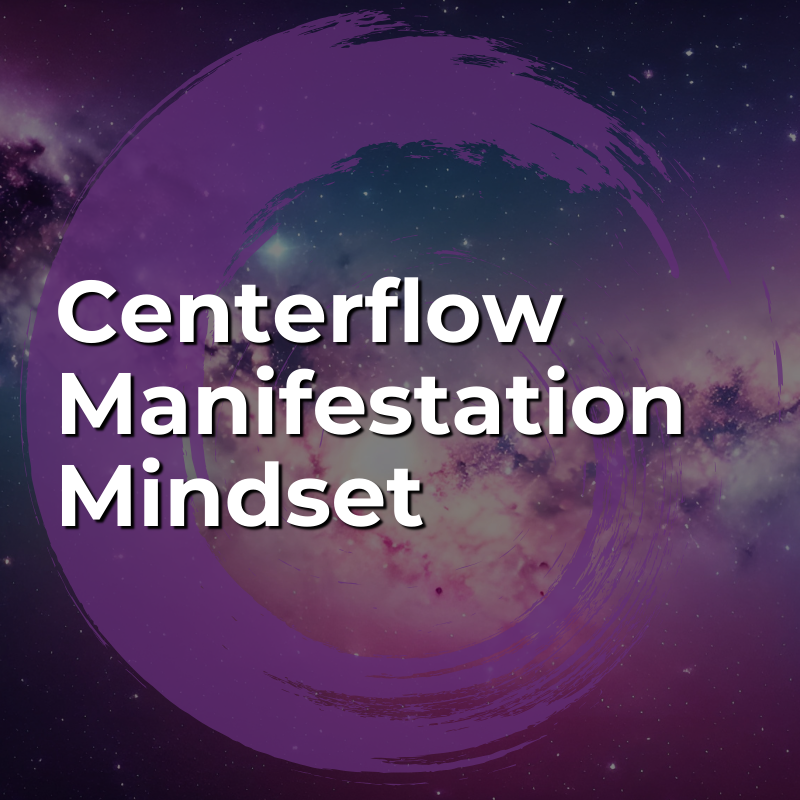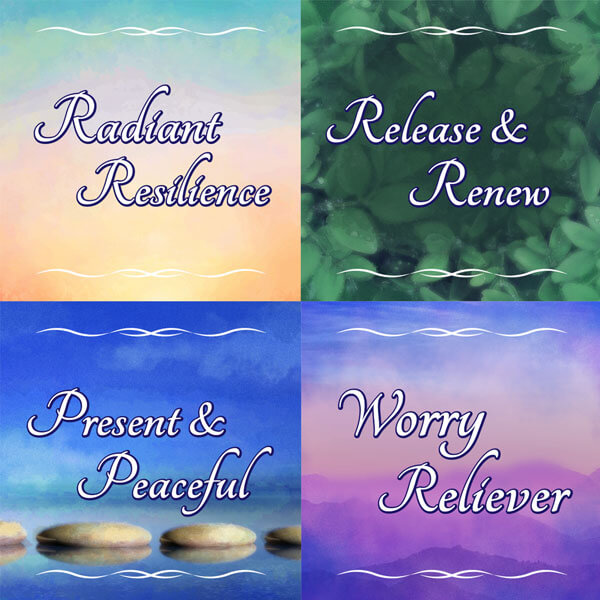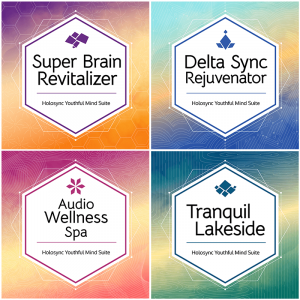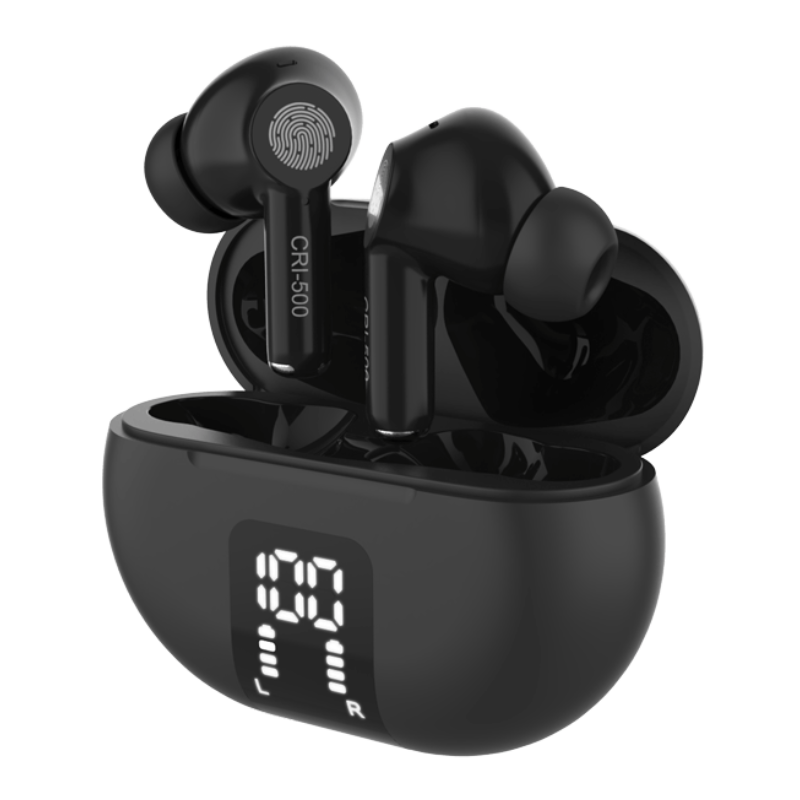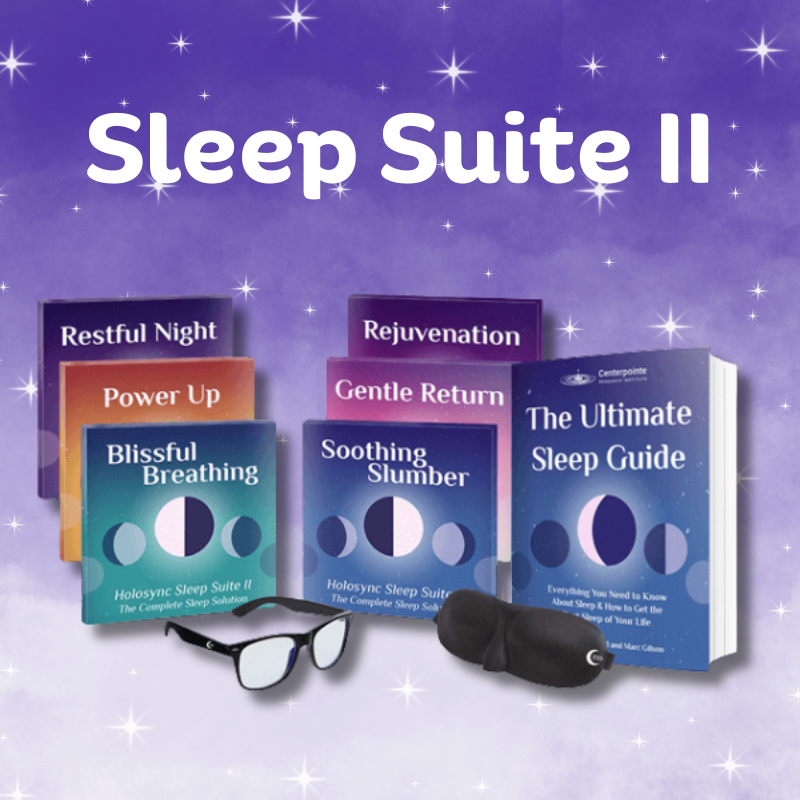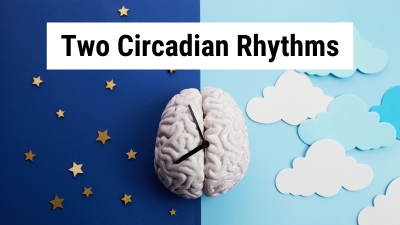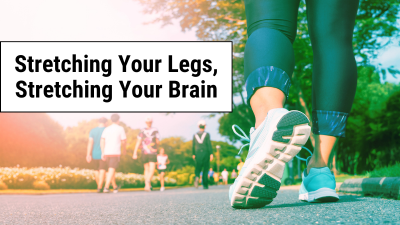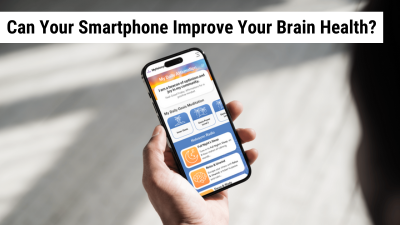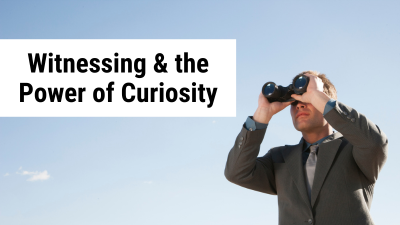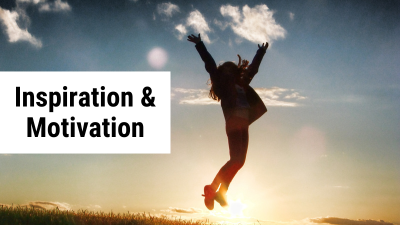Issue #442 – Monday, September 23, 2024
The Key to Harnessing Your Memory
Why Proper Sleep Is Essential
By Ryan Standifird
I bet you’ve heard this before: good sleep is crucial if you want your physical and mental health to function at its best.
But the reality is that many people feel like sleep is something that can be sacrificed.
Whether you’re…
Binge watching a gripping series on your favorite streaming service…
Studying late into the night for a big test the next day…
Scrolling through your smartphone for hours in bed…
Partying it up with friends or family…
Picking up an overtime night shift…
Or putting sleep off for another reason…
…the latest science tells us that you’re not just setting yourself up for a groggy, caffeine-filled, low-energy day tomorrow.
You’re also disrupting your brain’s ability to create and store memories!
Measuring Memories
Scientists from the University of Michigan recently conducted two eye-opening studies that illustrate the importance of sleep in the formation, maintenance and accessibility of our memories.
The first study looked at the activity of neurons in the hippocampus - the part of the brain responsible for spatial awareness - in mice. As the mice navigated a new maze, certain neurons lit up in the hippocampus, showing activity and mapping out the new maze’s twists and turns.
Later, when the mice were sleeping, the researchers saw those same neurons light up in the brain - evidence that they were being remembered or copied over to store as a memory. But that’s not all. They also noticed that during the mice’s deep sleep, there were certain “sharp wave ripples” that emanated from the hippocampus to other parts of the brain every couple of seconds over a period of many hours.
The scientists theorized that these ripples were likely transmitting the information of the maze from the hippocampus to other brain regions to store for later access and to update the mouse’s understanding of its surroundings.
But what happened when a mouse wasn’t able to get enough sleep?
The researchers saw that when a mouse was deprived of sleep the night before navigating the maze, their brains still emitted sharp wave ripples when they eventually did get some rest. However, the strength of these brain signals was much weaker.
And in half of the sleep-deprived mice, the signal was almost gone completely.
Longer-term Effects of Poor Sleep
This experiment highlights the importance that sleep has in our ability to store information. When we don’t get enough sleep, our brain signals are much weaker during the memory consolidation process - a crucial process that only happens when we are asleep.
Now here’s something else to consider:
Even after the scientists allowed the sleep-deprived mice to catch up on their sleep and then observed their sharp wave ripples, they saw that though the strength of the waves was higher than when they were sleep deprived, it still wasn’t as strong as the mice who were never sleep deprived in the first place.
Wow!
So even one instance of sleep deprivation has an effect on your ability to store memories for a longer period of time than you might think.
It makes sense, especially since according to a 2016 study, it takes four days for your brain to fully recover after losing just one hour of sleep!
This phenomenon is what’s known as:
Sleep debt.
And sadly, according to the Centers for Disease Control and Prevention, 1 in 3 people suffer from a lack of sleep every day.
That’s 33% of the population going through life with dangerous sleep debt that eats away at their memory, their health, their energy levels, and so much more.
So if you’re finding yourself struggling with sleep and memory, what can you do?
3 Tips for Better Sleep
Hey, I get it. If you suffer from insomnia or you have a crying baby at home (like me) then getting that full 8 hours of sleep each night just isn’t realistic.
But that’s okay, because I’m sharing three tips you can use to squeeze a little more sleep into your day or night and hopefully start to chip away at that sleep debt.
Tip #1: Exercise
Studies show that when you engage in some physical activity during the day, it’s much easier to fall asleep and get higher quality sleep that night.
Not only does exercise release endorphins (feel good hormones), improve physical health and build muscle, but it also does wonders for those who struggle to fall asleep.
As someone who used to play soccer competitively during high school, it was always the night after a soccer game where my body was bruised up and my muscles were sore that I got the best sleep.
Tip #2: Reduce Screen Time Before Bed
Did you know that your phone usually emits blue light?
This is the same sort of light spectrum that we absorb during the day. It mimics the light coming from the sun. So it's a signal to your brain that we should be awake rather than settling in for bed.
And this blue light has been shown to throw off our body’s natural sleep cycle - our Circadian Rhythm.
When we’re on our phones, laptops, tablets, or other devices late into the night, we’re tricking our Circadian Rhythm into thinking that it’s actually daytime!
As a result, it can be tough to “wind down” after putting the device away and going to sleep.
There are a couple of solutions here:
Either 1: Reduce screen time before bed.
But let’s be honest, many folks won’t follow this advice.
Or 2: Limit the blue light you’re getting before bed.
The second option can be accomplished by using blue blocker glasses that block the kind of blue light that disrupts your sleep.
Or, some smartphones come with a “night mode” that replaces blue light with yellow light, making it easier for you to get to sleep after using your device.
Either way, by avoiding blue light you can help keep a more healthy Circadian Rhythm.
Tip #3: Take a Power Nap
Ever since I was a kid, I’ve always hated naps. They seemed boring, like a waste of time. I’d much rather read a book or watch TV or go play with my friends.
But now that I have kids of my own, I realize how much more focused, alert, and energetic I am after a quick power nap. I try to time it up with my own kids’ naps too.
There have been loads of studies done to try and identify the “goldilocks” length of a premium power nap, and the consensus is that the perfect power nap length is…
…25 minutes.
That’s pretty quick!
The problem with power naps though is that if you’re distracted about something or you can’t get comfortable, you could end up spending an hour or so just lying in bed waiting for sleep to happen. And before you know it, the baby is crying, the phone rings, someone knocks on the door, or some other disturbance happens and you feel like you just wasted all that time doing nothing.
I personally found relief by using the Rejuvenation (Remastered) Holosync soundtrack in Holosync Sleep Suite II - a potent collection of audio tools designed to help folks solve their sleeping problems.
This 25-minute long track is what made power naps extremely easy and enjoyable for me. I just put headphones on, press play, and I get the perfect power nap every time. It even wakes me up at the end of the session! And best of all, I don’t wake up with that groggy feeling that ruins the rest of my day.
If napping is something you would like to try but you’ve struggled with in the past, I can’t recommend this soundtrack enough.
Remembering to Remember
Sleep is important. And now I hope you realize that the less sleep you get, the less you’ll remember about your life.
It’s a shame if after all the hard work we put into improving our lives, living them to the fullest, and enjoying ourselves…
…we only remember a small fraction of it due to poor sleep.
So let’s all take a little more care in getting that crucial sleep we need to truly cherish the good times.
Good night, and sweet dreams!
Holosync Sleep Suite II
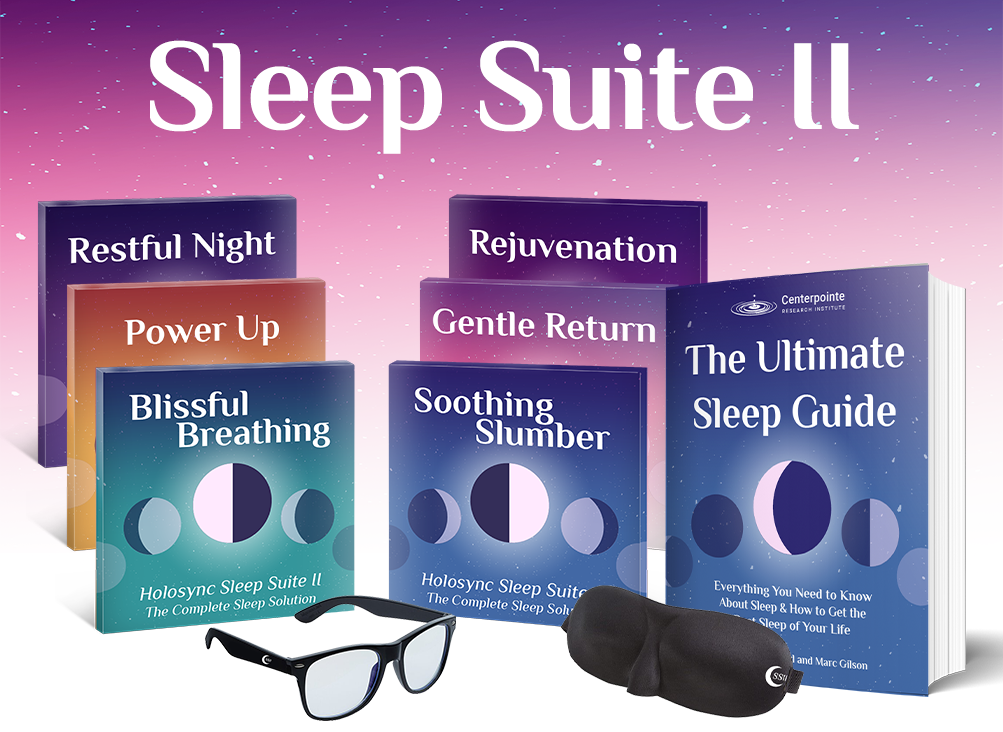
This all-in-one solution has everything you need to fix your sleep cycle, balance your circadian rhythm, harness the power of power naps, and so much more!
It literally trains your brain to get that healing, deep sleep every night automatically.
(This is an upgraded version of the original Sleep Suite - you DO NOT need to have the original Sleep Suite to benefit!)
There’s never been an easier way to get the best sleep of your life!
($50 Off When You Grab it Today)
Wise Words
“It’s a shame if after all the hard work we put into improving our lives, living them to the fullest, and enjoying ourselves…
…we only remember a small fraction of it due to poor sleep.”
- Ryan Standifird
This Really Happened
"Joined the 5 day challenge today and immediately did the day 1 activities. Experience during the audio track listening: started off tense with expectations and my heart thundering away, shoulders tight and mentally taut as a consequence. As recording progressed, the heart slowed down, shoulders relaxed and mental calm set in and at some point I was only aware of just the sounds completely pervading my head. After the audio ended, I stayed with eyes closed for what I thought was 1 minute but turned out to be 7 minutes. I don't recall my body, and I was in a sitting position at my reading table, having ever been this relaxed and the state of mind was like being at the cusp of slipping into sleep whilst fully alert. Bring on Day 2!"
~Ephantus K
5-Day Challenge Participant
We Want to Hear From You!
How’s your sleep been lately?
Post your story on our Facebook Page.
Not on Facebook? Tell me about the impact that meditation with Holosync has had on your daily life. Stress? Sleep? Weight Loss? Focus? Spiritual Connection? Other? Email your story here.
Pay It Forward:
Your story may profoundly affect the life of a person you never meet, but who will be forever grateful.

